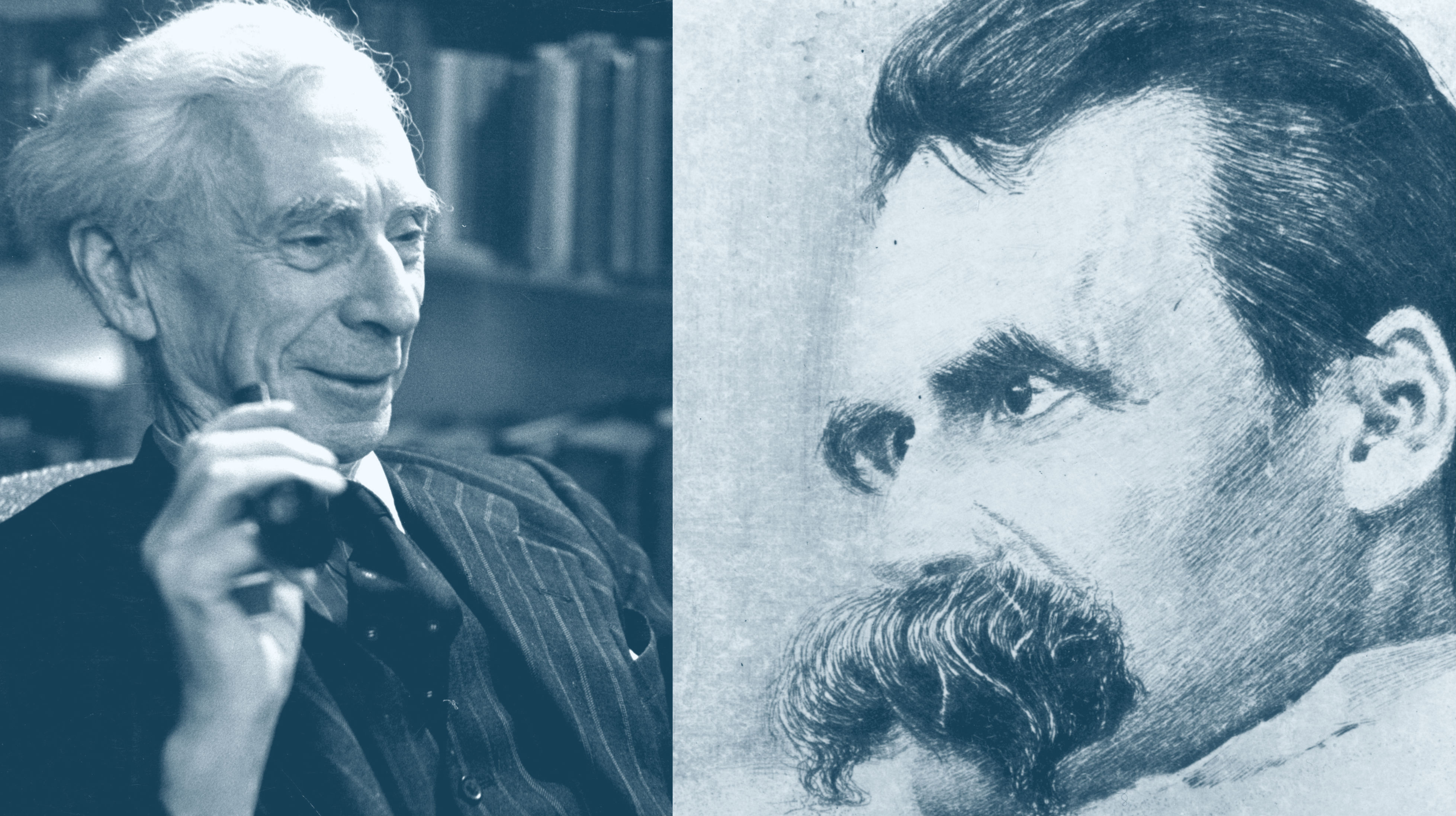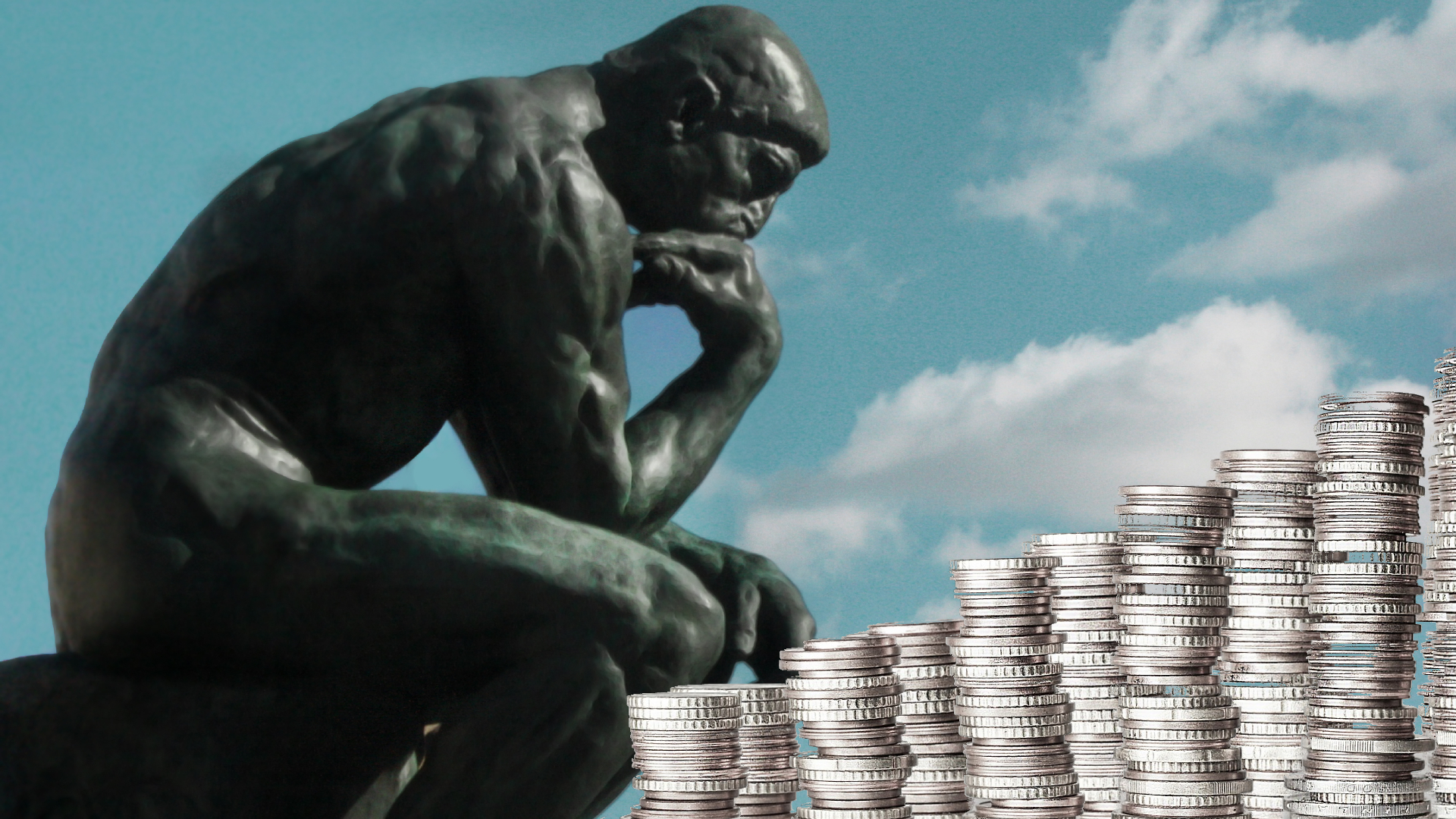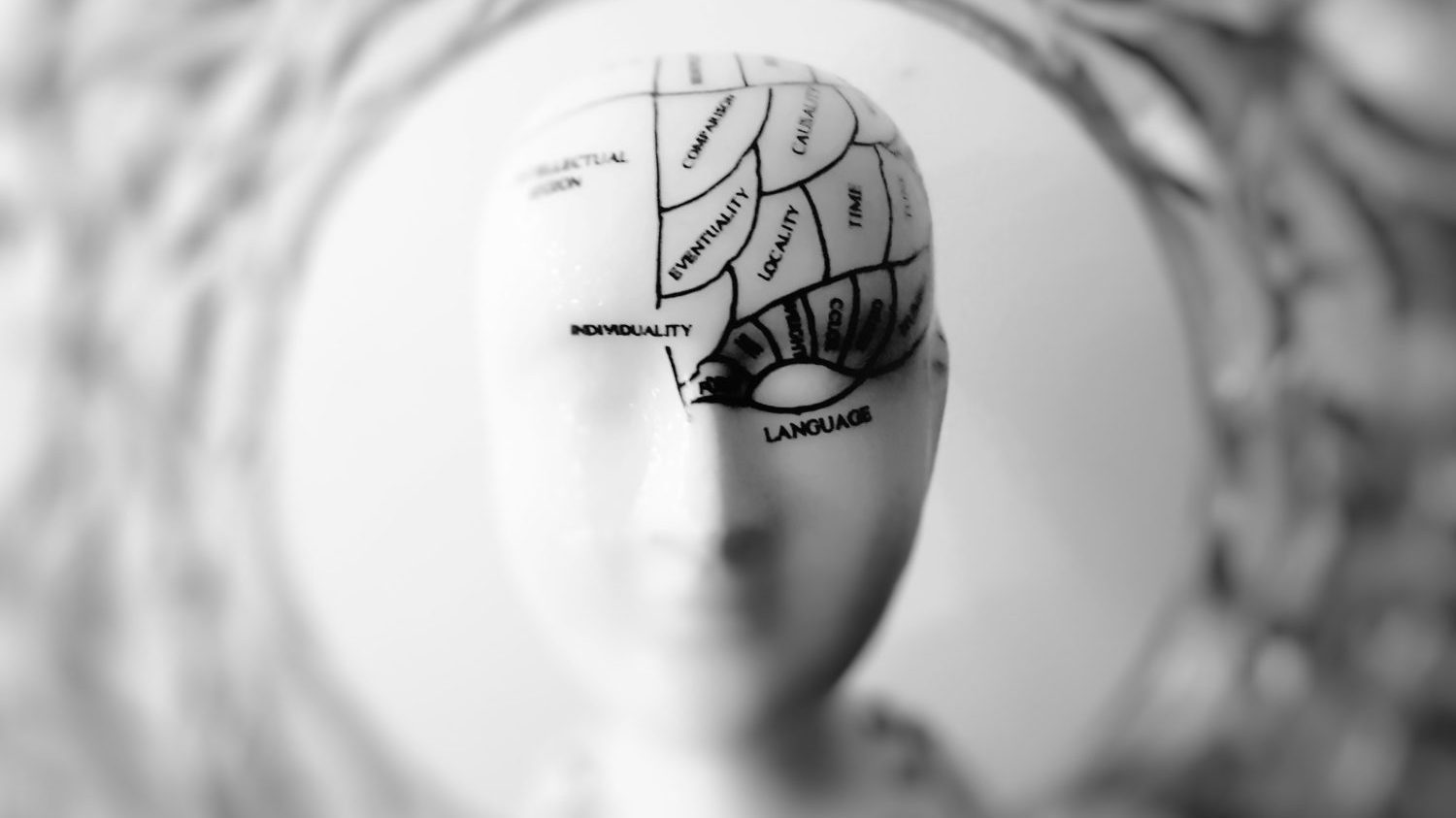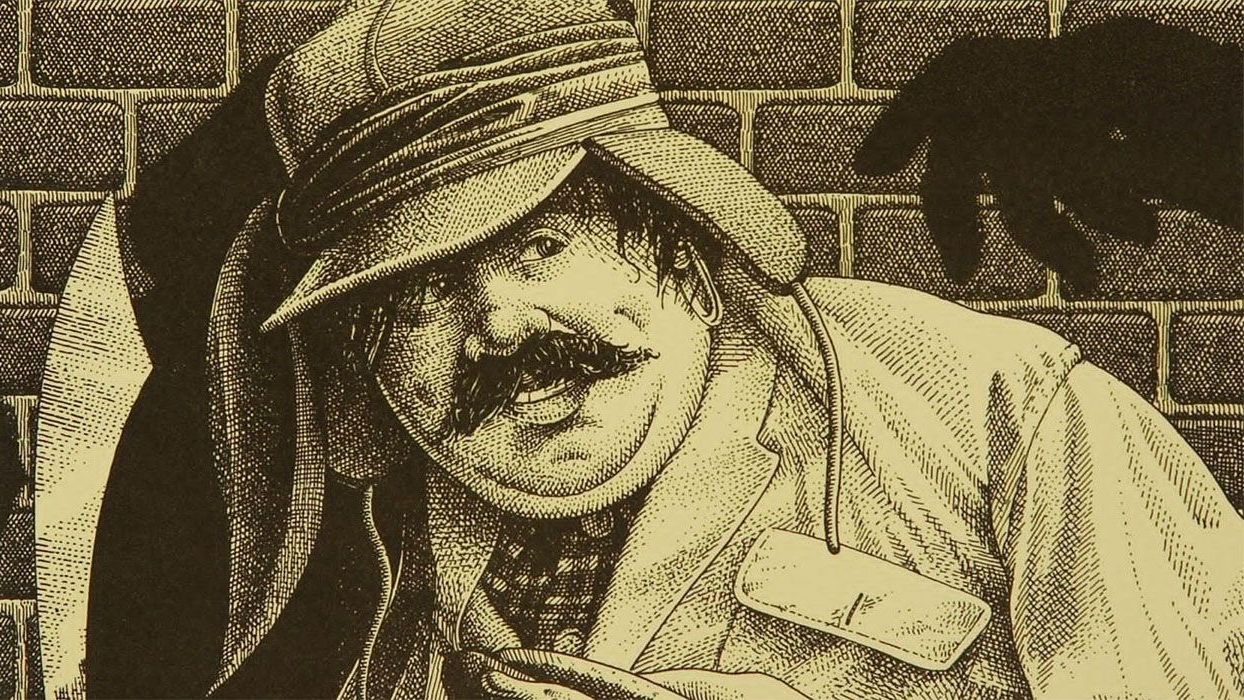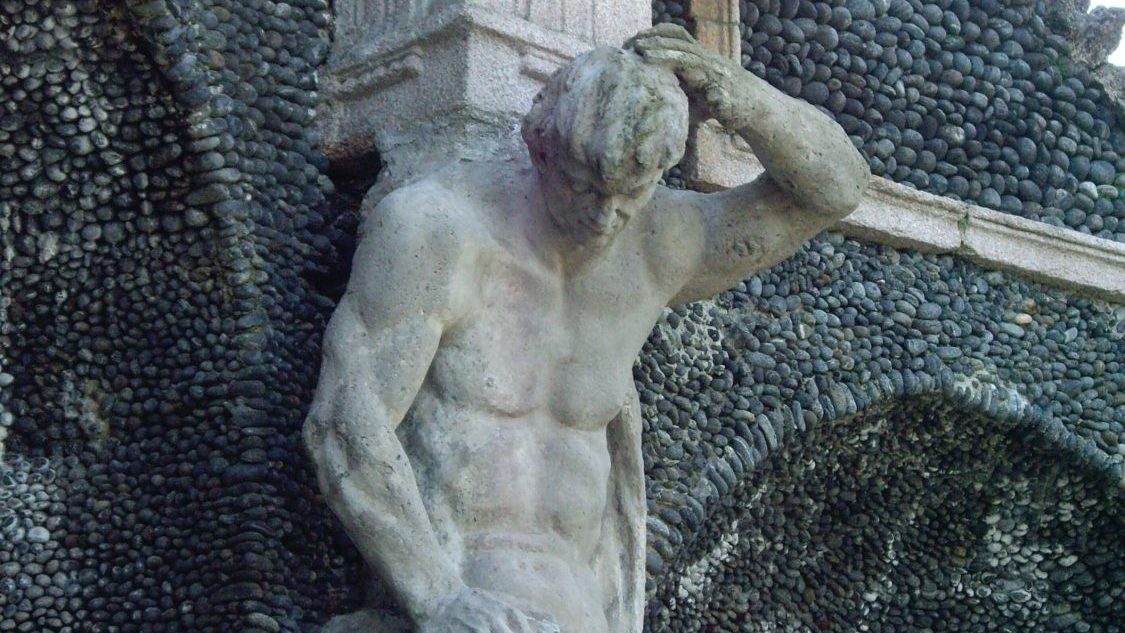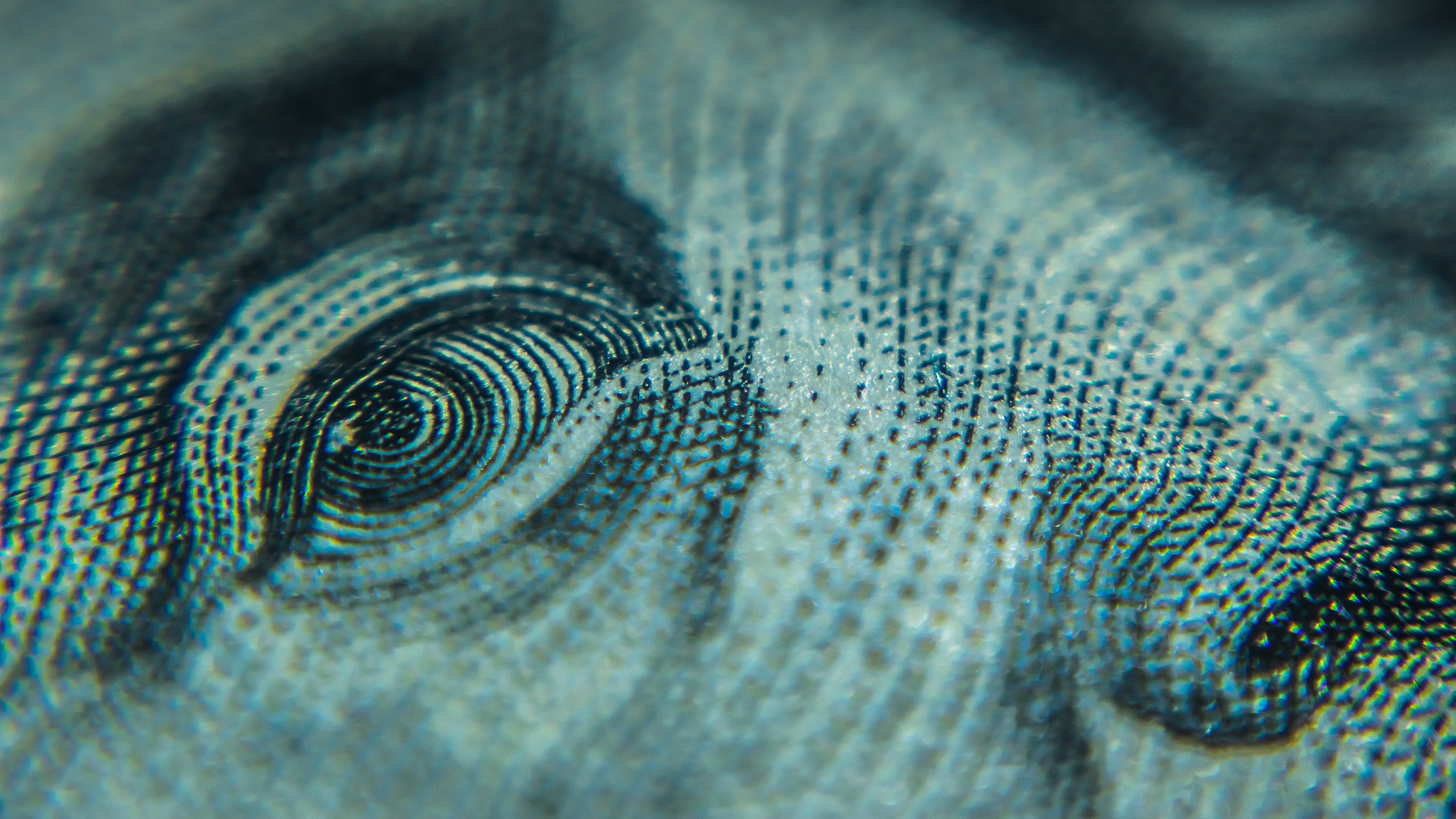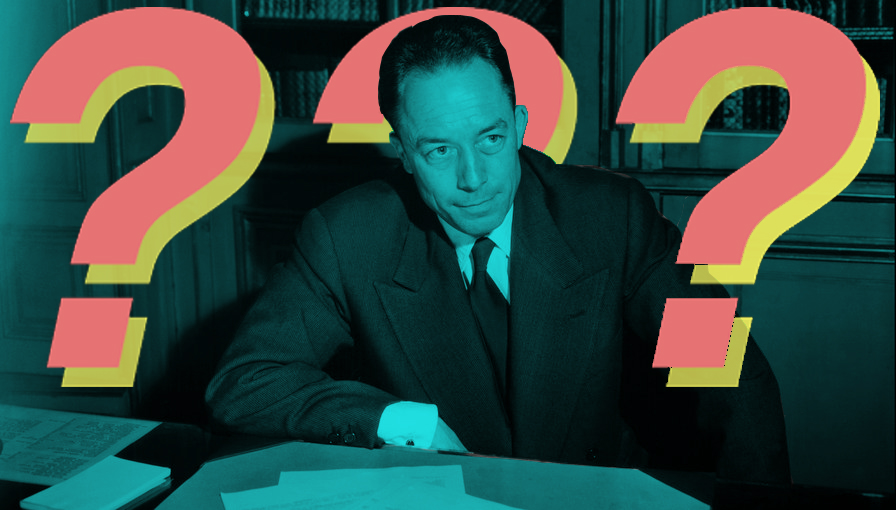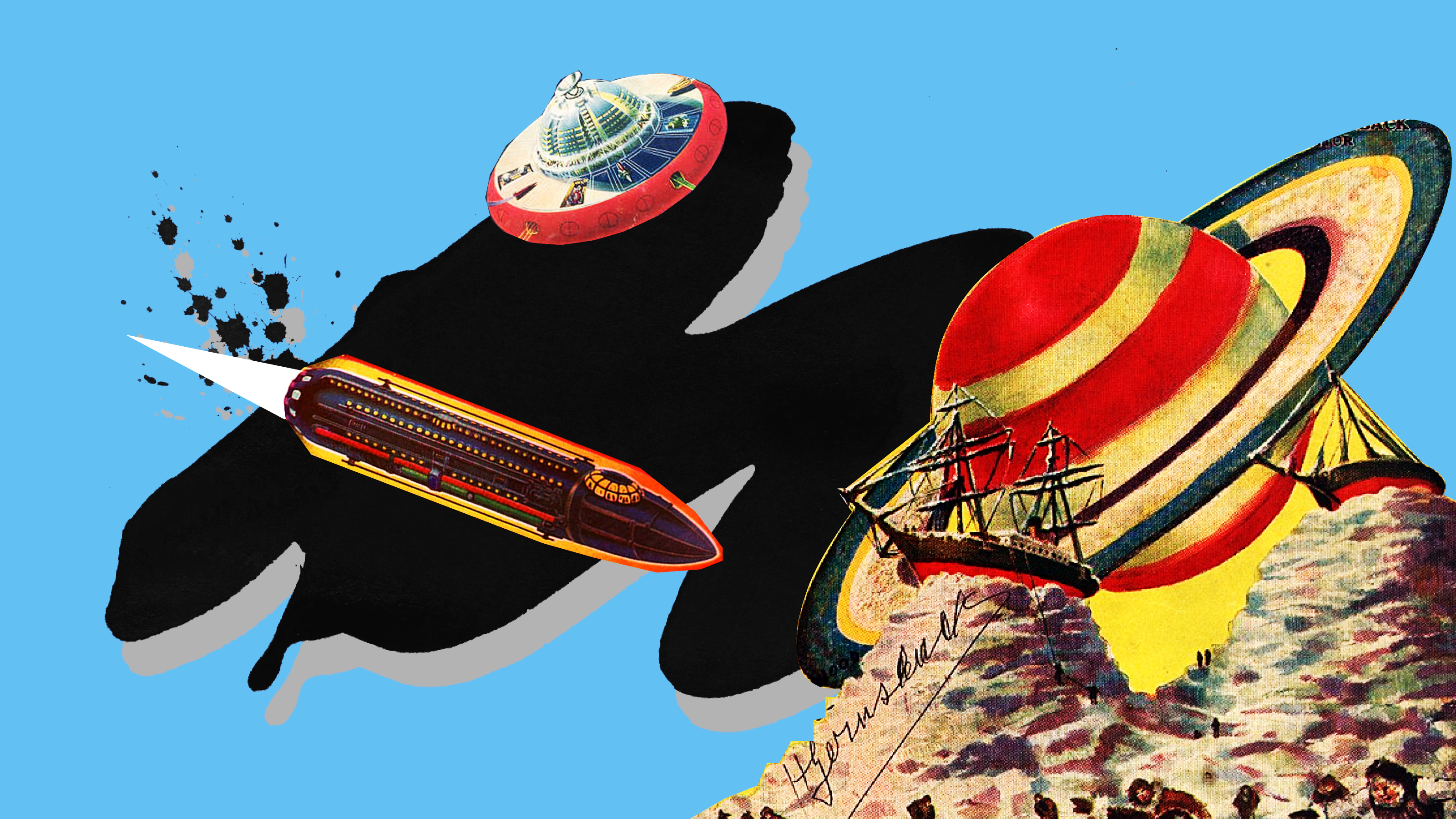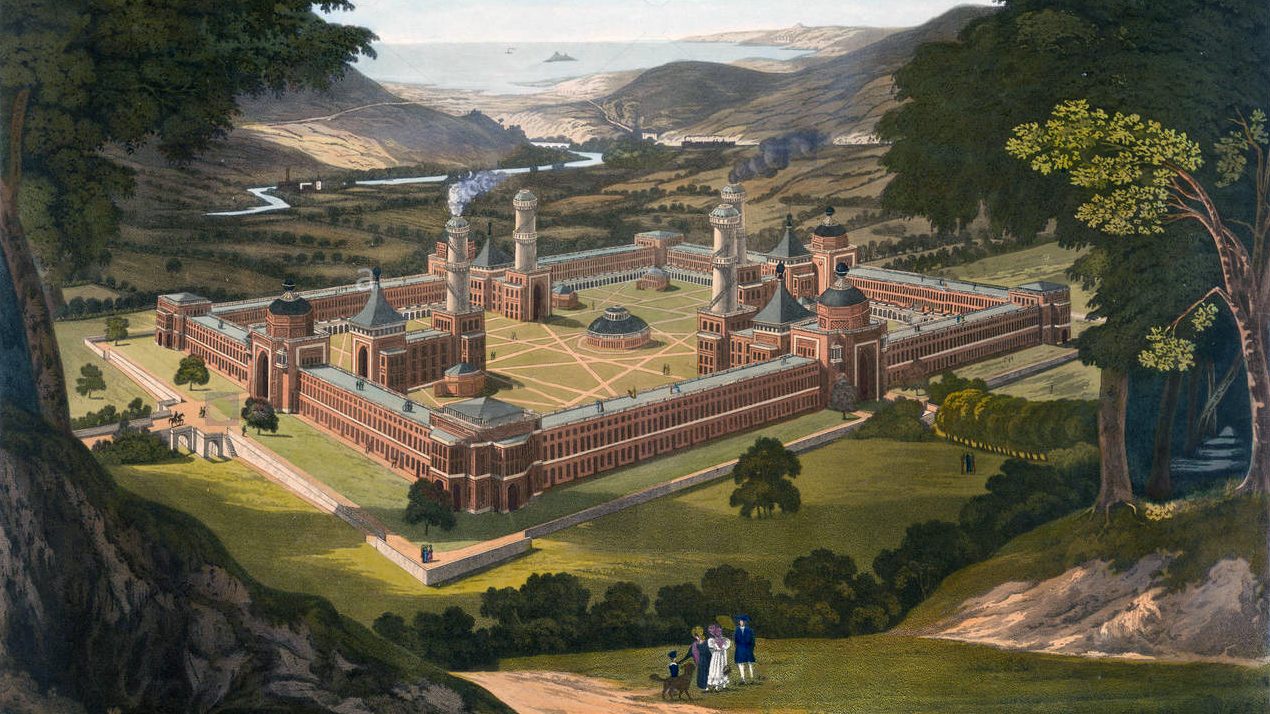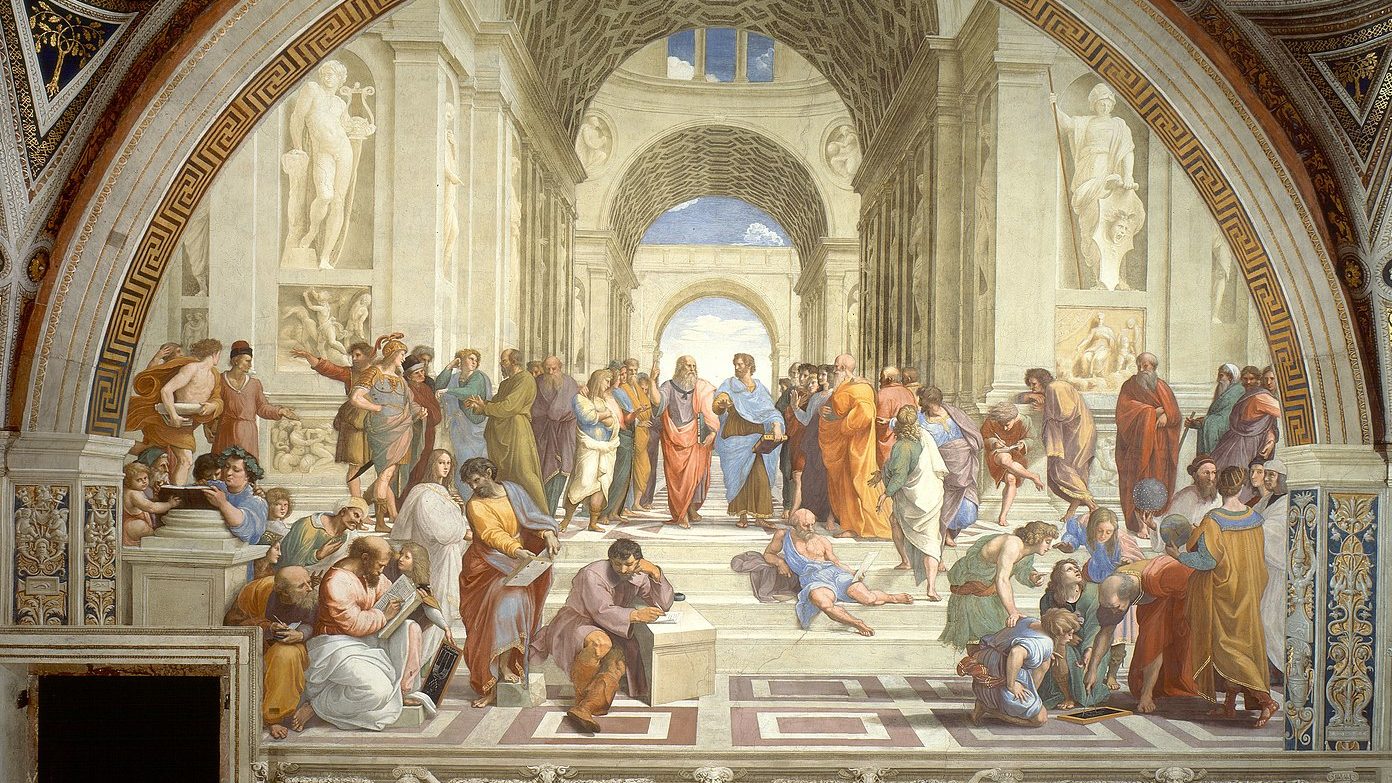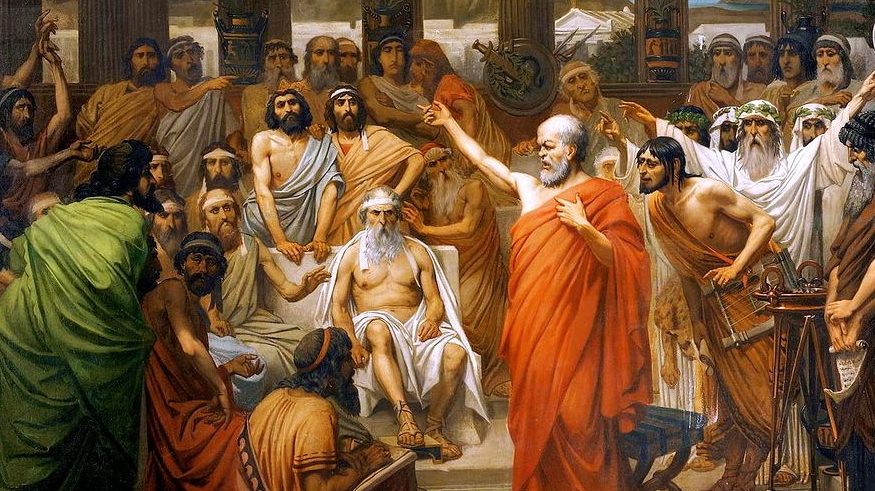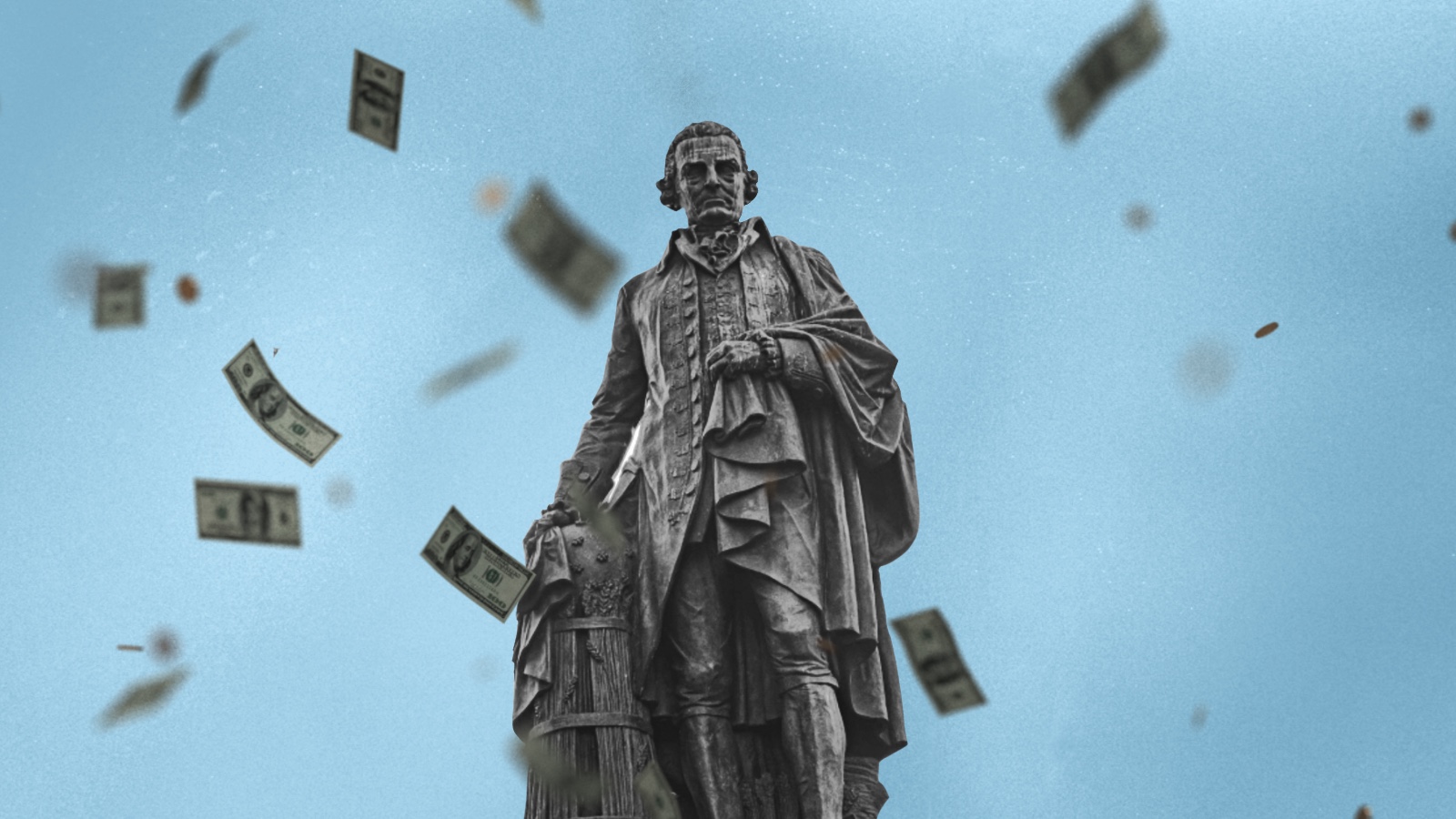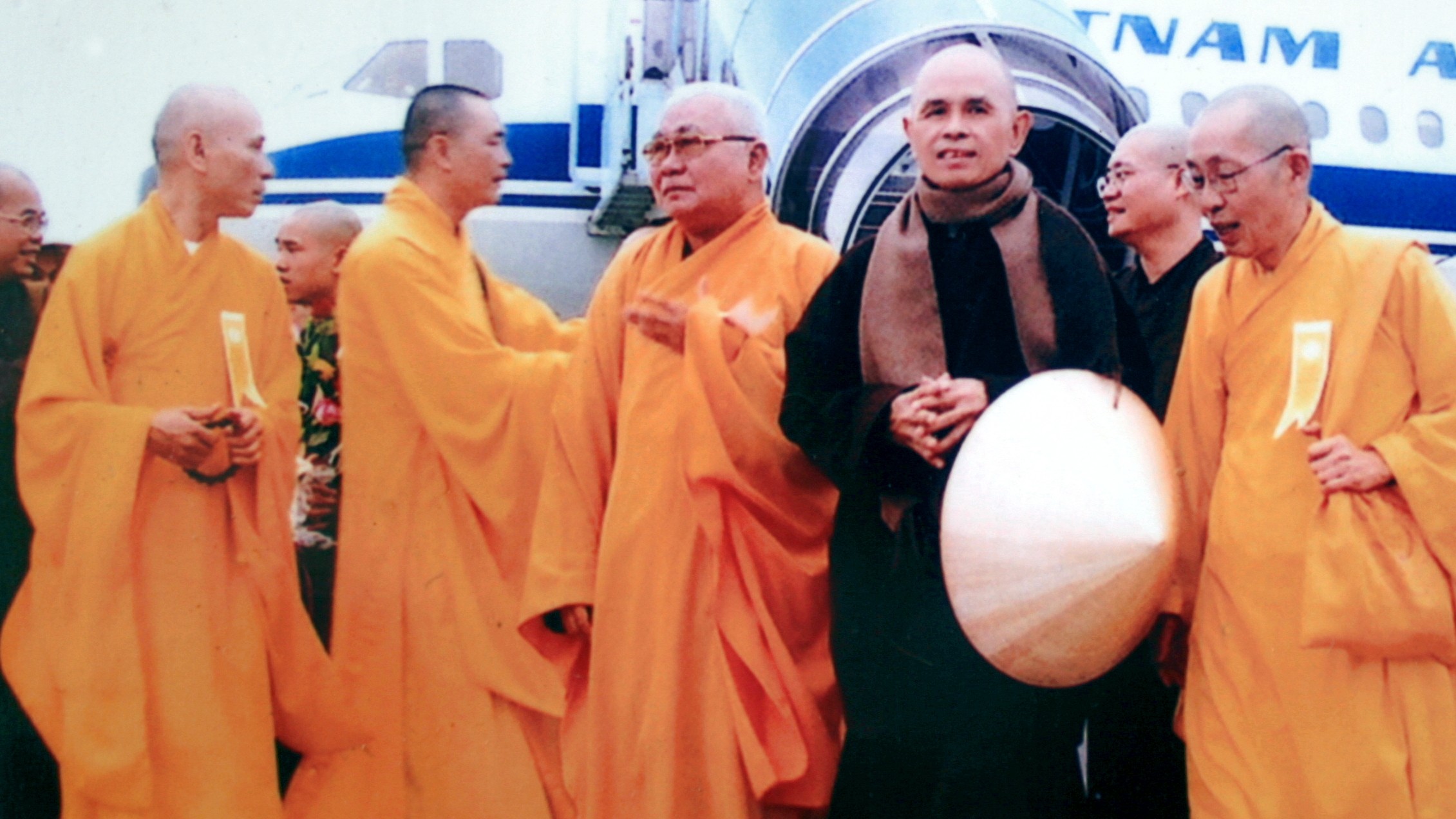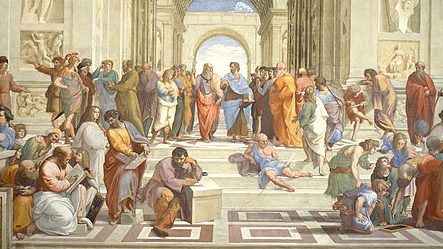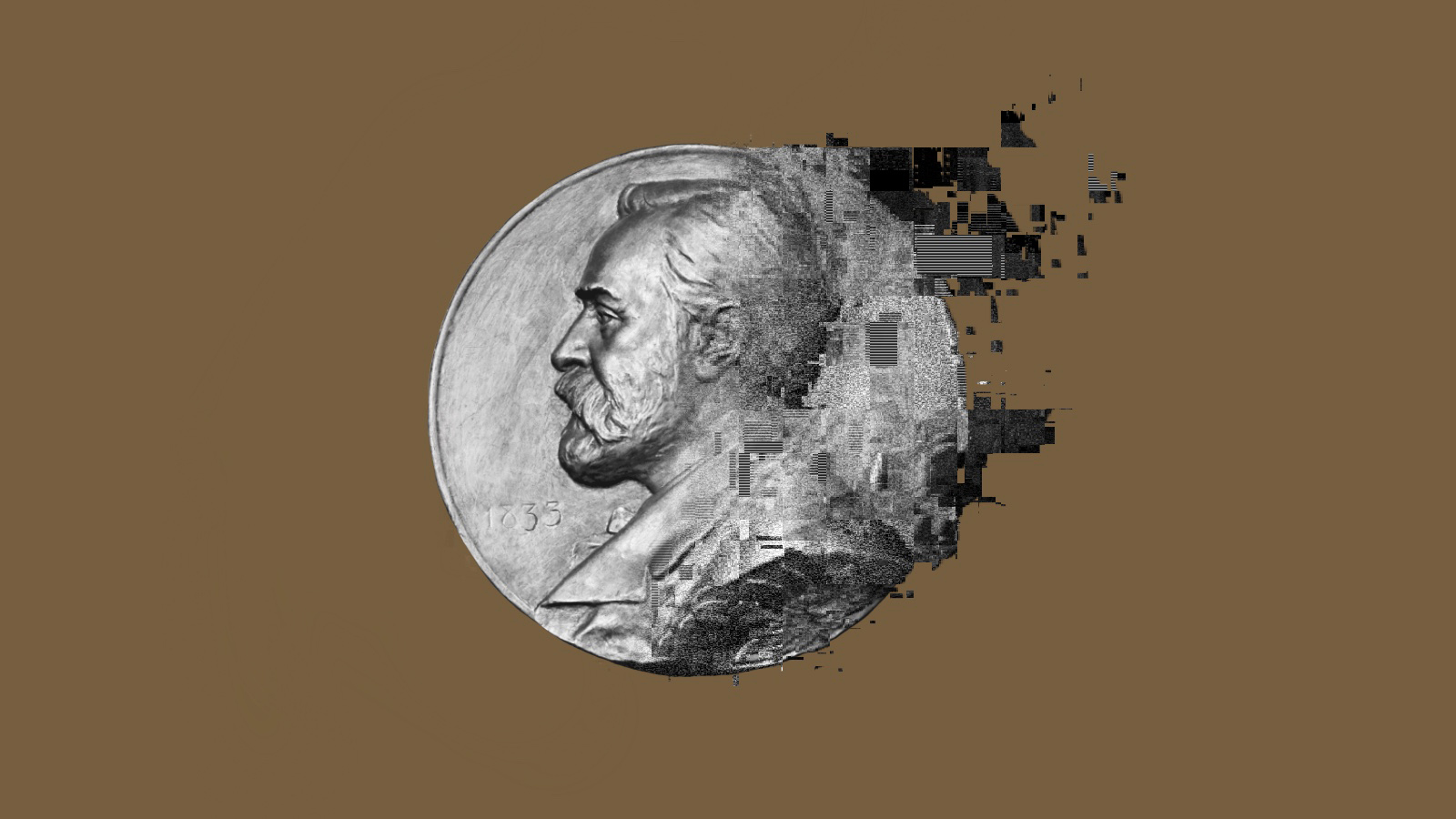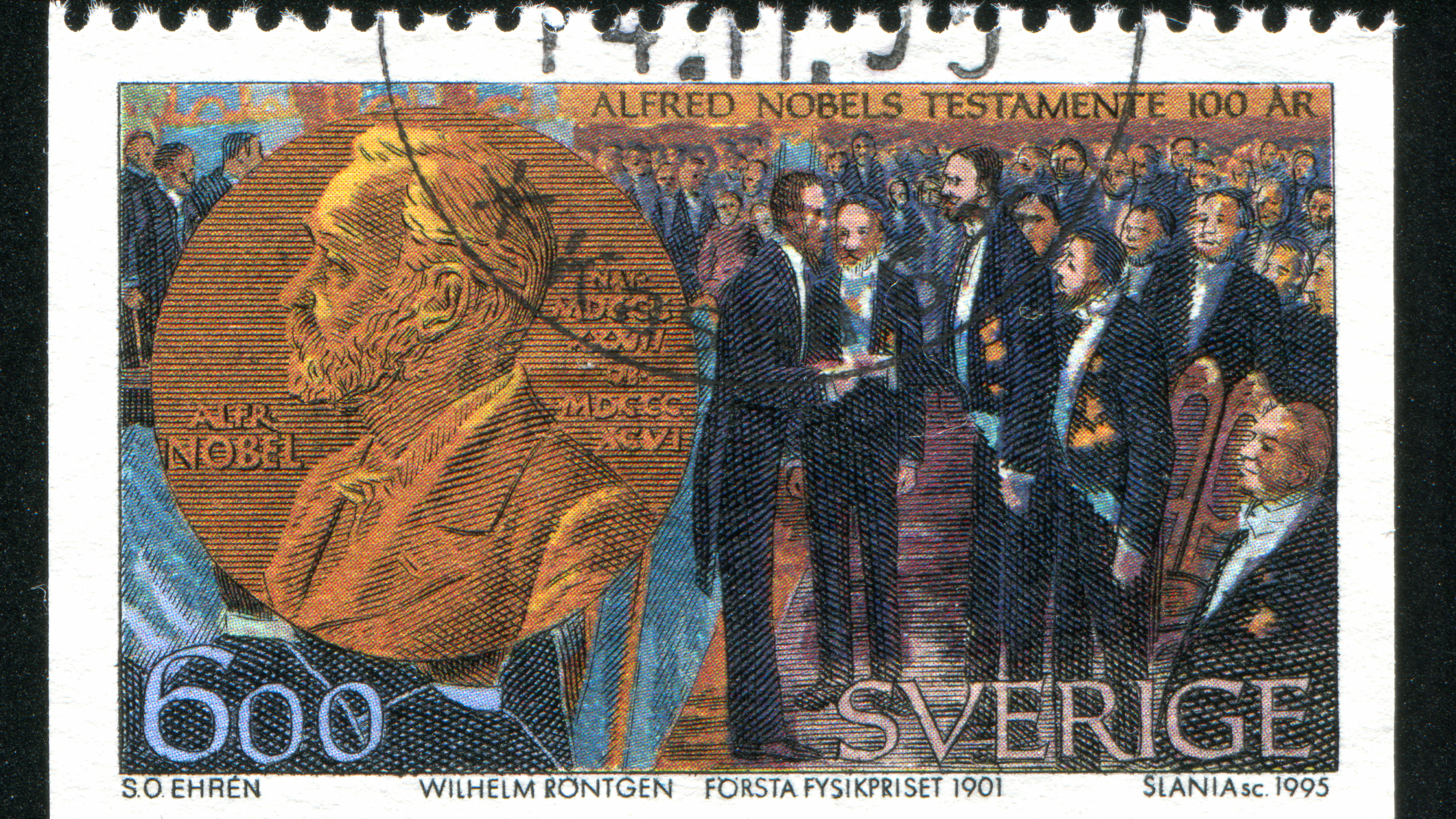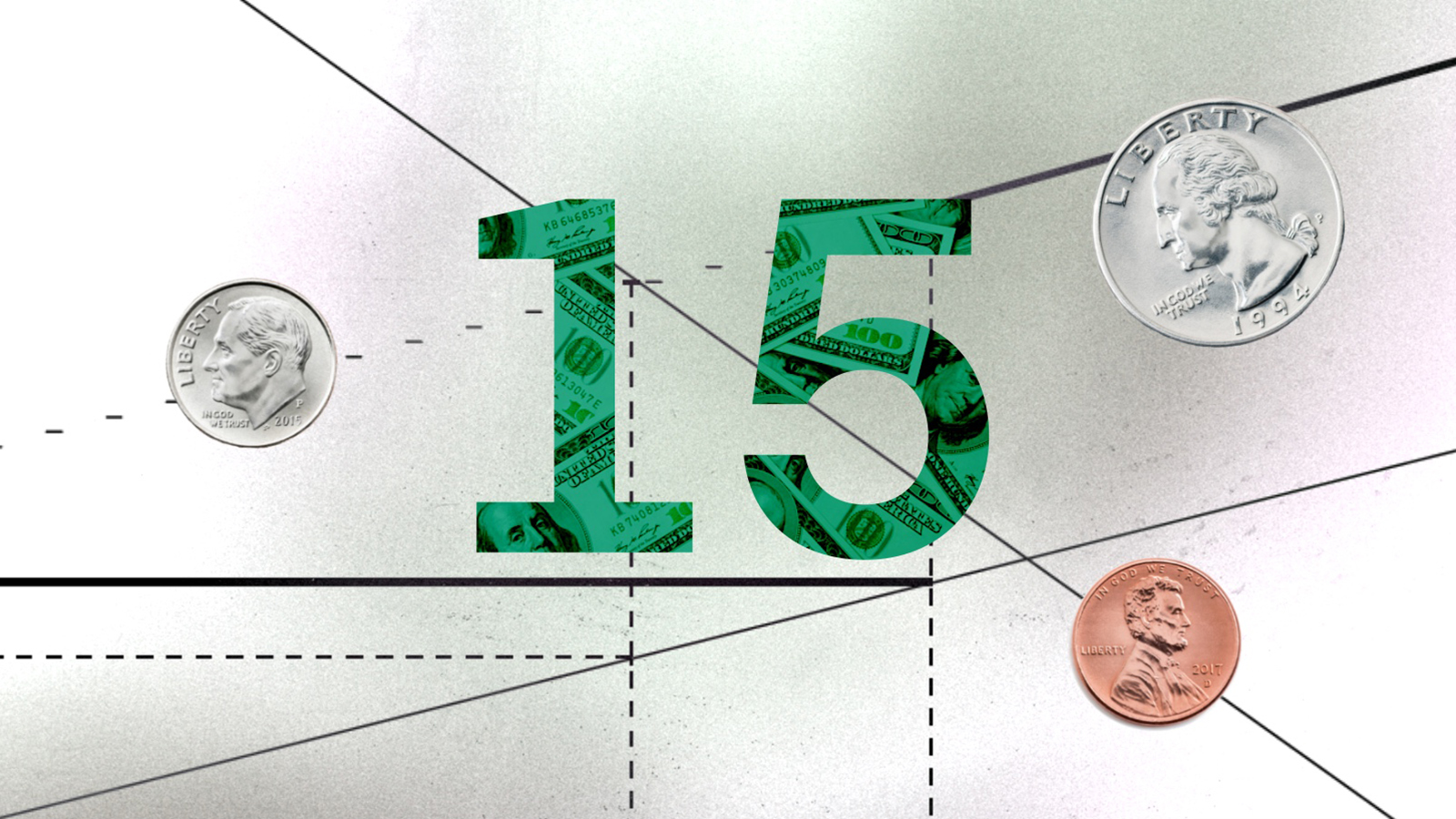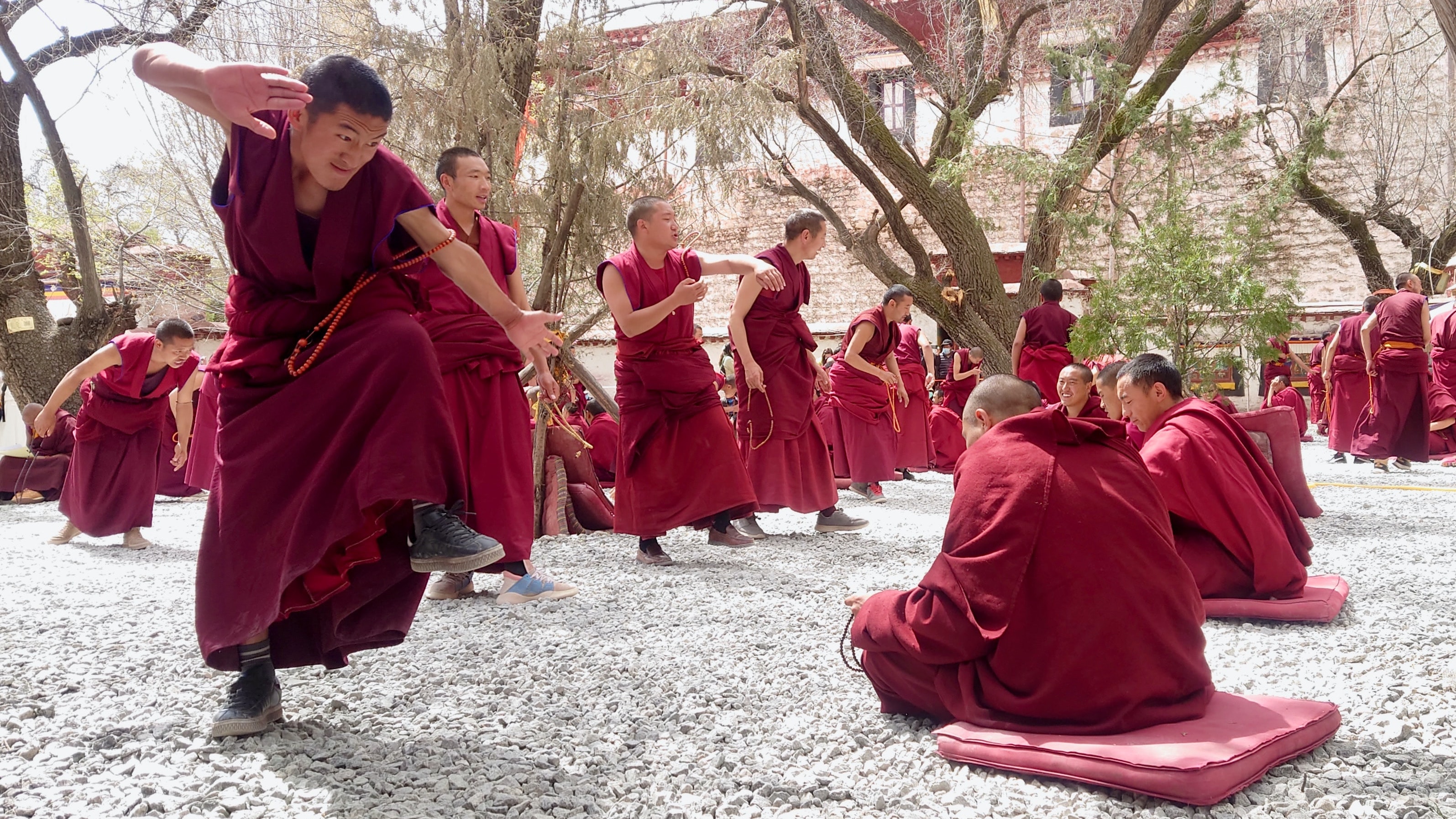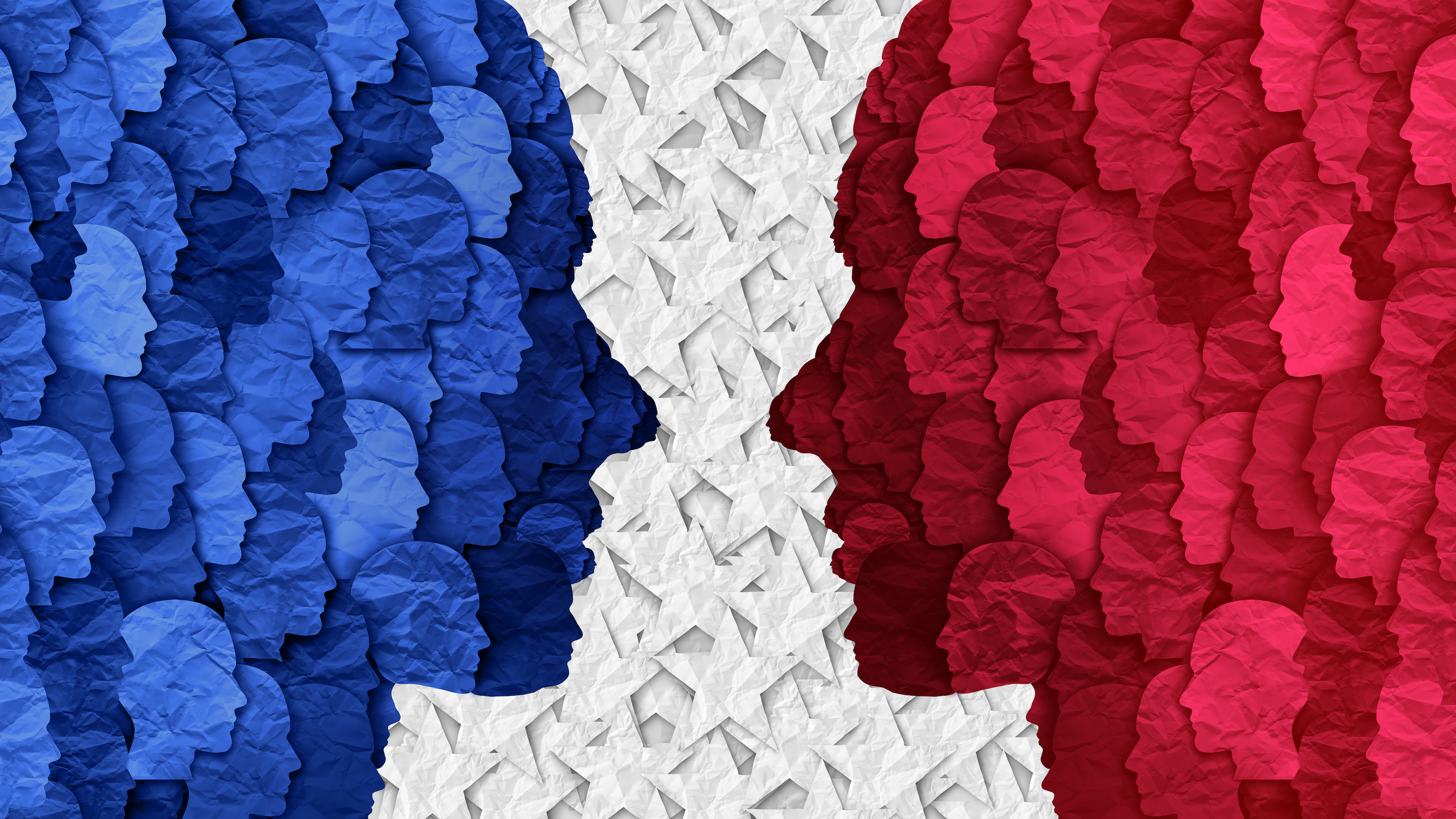Scotty Hendricks
Contributing Writer
Scotty Hendricks is a graduate student and long-time contributor to Big Think. He resides in Chicago.

Dive into the twisted truths and concealed realities told by literature’s most unreliable narrators.
Dive into a realm where time, space, and even reality itself are put into question.
Is there an ultimate answer to the age-old question?
In “The History of Western Philosophy,” Bertrand Russell made it clear whose thinking he admired — and whose thinking he didn’t.
I think, therefore I am (rich).
Not every classic enjoyed rave reviews from the start.
How does the mind interact with the body? Nobody really knows — but these philosophers ventured an answer.
Some authors never saw their books score widespread acclaim—or even get published at all.
From consciousness to nothingness and beyond, these questions still baffle the brightest minds. Will they ever be solved?
Albert Camus was a Franco-Algerian philosopher with some great insights on the meaning of life, why you should look to this life and not the next, and why suicide is a poor choice.
Take a trip through these master-crafted fantasy societies and ask yourself: Could I actually live there?
Would you want to live in any of these places?
Though ultimately incorrect, the ancient Greek philosophers blazed a conceptual trail for humankind to understand the nature of reality.
From “Thompson’s violinist” to the “Experience Machine,” these thought experiments will throw your mind for a loop.
Take a closer look at the different types of reasoning you use every day.
Most philosophers merely contemplate the world, but what about the ones who actually tried to change it?
Despite being called the “dismal science,” economics impacts our lives every day. Here, we look at seven of the greatest economists in history.
Philosopher Slavoj Žižek argues that we often don’t truly want to obtain what we think we desire.
Zen masters often have strikingly different ideas about how to live and attain enlightenment.
Add these great titles to your wish list or secure copies for yourself.
From Aristotle’s lazy cosmology to Immanuel Kant’s “scientific” racism, great minds are not immune to very bad ideas.
One award was for a medical procedure that incapacitated thousands of people.
Literature’s first utopia shows how far we’ve come.
From Ramses II to Alexander the Great, these leaders helped shaped the world we know today.
The minimum wage is a popular policy, but it’s not the only way governments have tried to help workers secure a decent living.
While becoming a monk is an evolutionary dead end for the individual, celibacy reaps benefits for the group as a whole.
A new study shows that political partisans are more likely to remember things that didn’t happen — as long as it fits their narrative.



